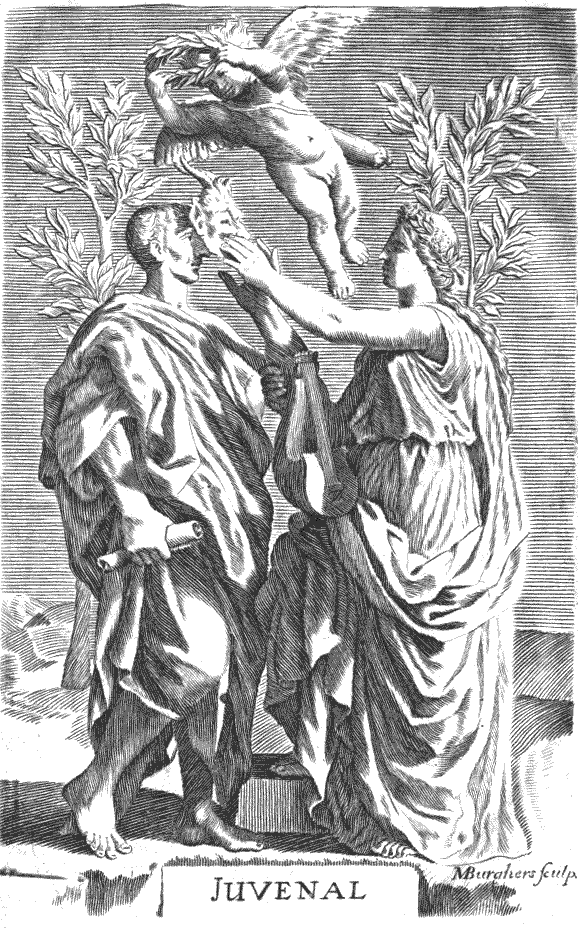VI, line 347
Variant translations:
But who is to guard the guards themselves?
Translated by Lewis Evans, in The Satires of Juvenal, Persius, Sulpicia, and Lucilius (1861), p. 51
Who watches the watchmen?
Famous variant used in the graphic novel, Watchmen by Alan Moore and Dave Gibbons.
The original context is that a husband might lock his wife in the house to prevent her adulteries, but she is cunning and will start with the guards; hence, who guards the guards? The phrase has come to be applied broadly to people or organisations acting against dishonesty or corruption, esp. in public life. See Quis custodiet ipsos custodes? at Wikipedia.
Satires, Satire VI
